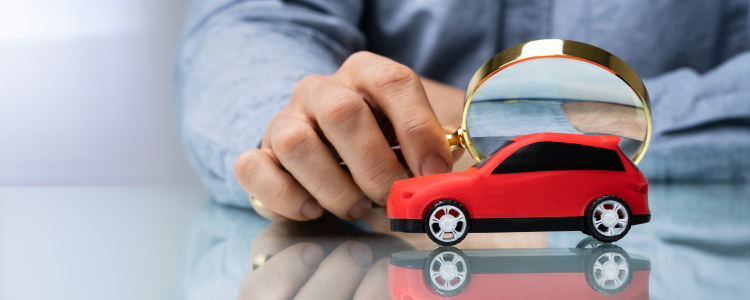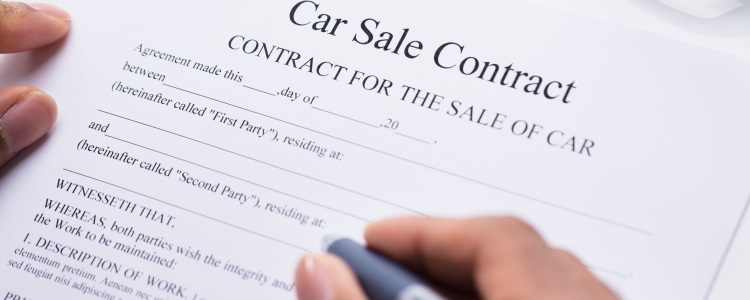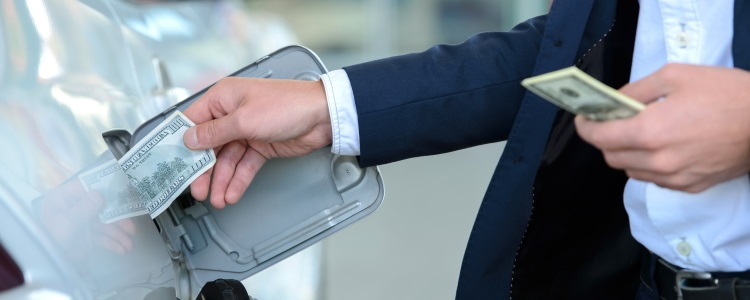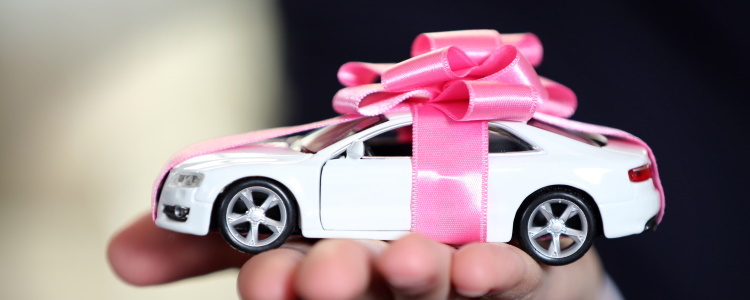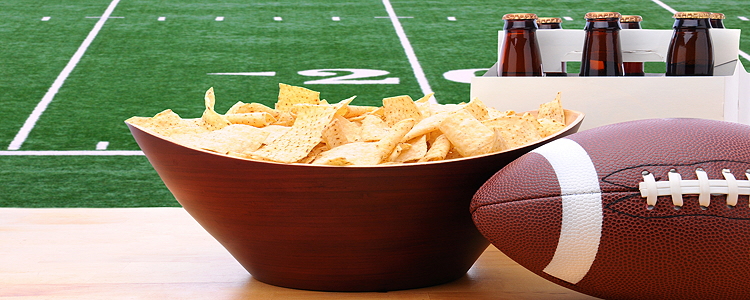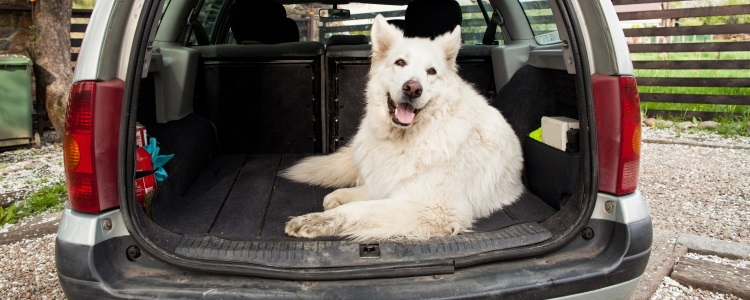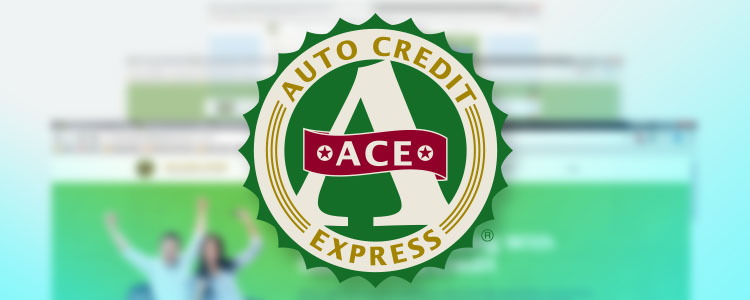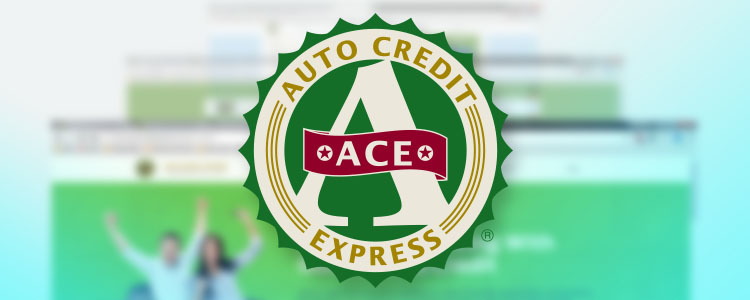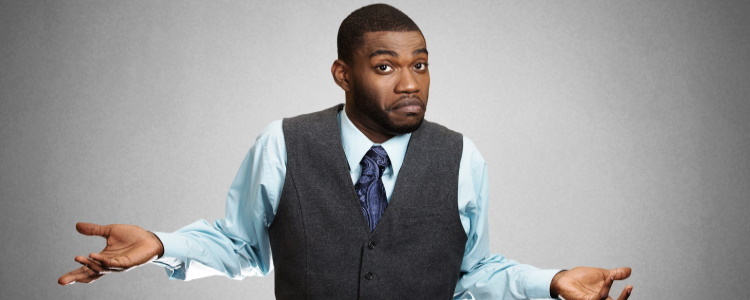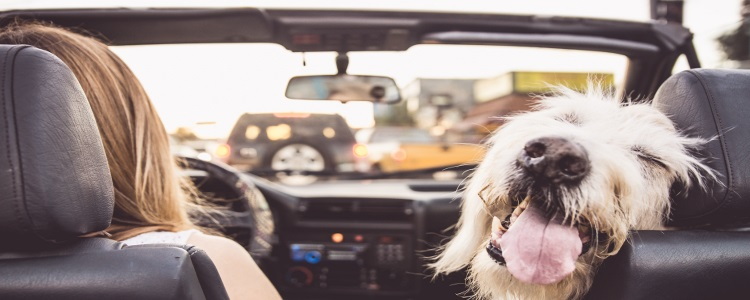It’s commonly said that you should never do business with friends or family. But does that apply to buying your friend’s car? Let’s talk about it.
Buying Your Friend’s Vehicle
 When you buy a vehicle from someone that’s not a dealership, it’s called a private party sale. This means that the buyer (you) and the seller (your friend) need to handle all the paperwork and legal documents that go into transferring ownership of a car. You and your friend need to complete a bill of sale, sign the title, and head to the Department of Motor Vehicles (DMV) or Secretary of State (SOS) to transfer ownership to you. You also need to secure auto insurance coverage, too.
When you buy a vehicle from someone that’s not a dealership, it’s called a private party sale. This means that the buyer (you) and the seller (your friend) need to handle all the paperwork and legal documents that go into transferring ownership of a car. You and your friend need to complete a bill of sale, sign the title, and head to the Department of Motor Vehicles (DMV) or Secretary of State (SOS) to transfer ownership to you. You also need to secure auto insurance coverage, too.
Despite having to do all the paperwork, private party sales are pretty common. There are whole magazines and websites dedicated to people selling their own used cars, and some people prefer this method because they can set their own prices and conditions. So, if your friend is selling their own vehicle, is it a good idea to buy it from them?
When you buy a big-ticket item from a close friend or family member, there’s a chance that something could go wrong. There are some risks involved in buying a car from a friend, but it could be a good deal for you. Of course, there’s a risk of getting a bad vehicle from a dealer, too.
Pros of Buying a Car From a Friend
- Could get a great deal. When you’re bargaining with a friend, you may get “friend prices.” A buddy may be willing to give you a better deal because of your relationship. However, this isn’t always the case since they may have to hit a certain price point to pay off an auto loan, but they don’t have quotas to meet like a dealership. You may also feel more comfortable negotiating with your friend, since you’re not at a dealer – some of that intimidation or pressure may be alleviated.
- Don’t have to talk to a dealership. Unless your friend is a car dealer (it could happen!), you don’t have to talk to one at all during the transaction. Some buyers don’t like the pressure of shopping at a dealership, so this could be a big plus depending on who you are as a buyer, and it could be a more relaxed buying experience.
- If something goes wrong, you can probably find them. When you buy a vehicle, there’s always a chance of something going wrong no matter what route you take. However, with a dealer, you may have to go through some red tape if an issue does surface. With a friend, you probably have more direct contact with them, so it could be easier to resolve any potential issues that may come up.
Cons of Buying a Car From a Friend
- Sale could sour the relationship. If the car you buy from your friend and it’s a lemon, or one that has repeated issues, then it could turn the whole transaction sour. This situation is why many people stray away from making big transactions with friends and family, as money issues can quickly turn relationships rotten.
- What if you don’t want the vehicle? Say you take a look at the car and, for whatever reason, you don’t want to go through with the purchase. This could upset your friend, possibly offend them, and may make you feel pressure to go through with the sale even if you’re not fully comfortable with it. Don’t ever buy a vehicle if you’re not 100% sure it’s what you want, but choosing not to buy a friend’s car could create some hurt feelings. Approach the sale with caution and be clear with them every step of the way.
- Likely no inspection will be done. When you buy a vehicle at a dealership, it’s usually inspected and looked over for any possible issues. If anything is found, it’s typically fixed or it’s noted during the transaction, and it could mean a lower selling price. However, unless your friend is an auto mechanic (which could also be the case!), then they could be selling you a car with issues that they’re not even aware of! Before you buy a vehicle from a private party, get an inspection from a certified mechanic.
- As is and no warranties. When you buy a car curbside, or from a friend, there’s usually no warranty involved. Most times, the vehicle is sold “as is,” meaning any issues that come up after the sale are your problem. While your friend may be willing to help you out if an issue does come up, they technically won’t be obligated to unless something is written in a contract. Talk with them about issues like this before moving forward with the sale.
Consider Your Credit Situation, Too
Unless you have the cash to buy your friend’s car outright, then you need to secure auto financing with a lender. To get a loan for a private party sale, you need to seek out a direct lender from a bank, credit union, or an online lender.
Direct car loans can be hard to qualify for, especially if you have credit issues. With a lower credit score, it could mean getting turn down for financing or getting assigned a higher interest rate than you’d like.
If you can’t get an auto loan approval from a direct lender, then you may need to look into third-party financing through a dealer that’s signed up with bad credit car lenders. Dealerships with bad credit options are called special finance dealers, and they don’t give out private party auto loans – they only finance vehicles on their own lot.
If you have bad credit, you’re likely to have better luck getting approved for a car loan through a special finance dealership instead of a direct lender for a private party purchase. We can help you locate a special finance dealer, too!
Bad Credit Auto Loans
Here at Auto Credit Express, we know how to get bad credit borrowers the connections they need to get their next vehicle. Finding the right dealership can be difficult, but it doesn’t have to be if you start with us. Fill out our zero-obligation auto loan request form, and we’ll look for your dealer in your area for free.
